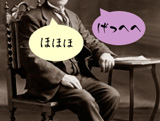
Here I want to touch upon “gender,” a topic strongly related to the issues of “class” and “status” that we’ve been discussing (parts 60–63).
In Japan, there has been a new trend towards gender equality, as seen in the Basic Law for a Gender-Equal Society and the Revised Equal Employment Law.
However, in reality, traditional notions and expectations about gender have undeniably persisted. Indeed, I think that the Japanese-speaking community relies heavily on these notions and expectations. The specific notions and expectations to which I refer are that “men” have higher status than “women,” while “women” have more “class” than men. It is not difficult to find phenomena that conform to these notions and expectations.
First, an example of “men” having higher status than “women” is that in Japanese words associated with status, such as kanroku (dignity), fuukaku (stateliness), doodoo (magnificence), kappuku (physique), oshidashi (prominence), and juukoo (composure) are more likely to call to mind “male” rather than “female” imagery. I wonder how many people imagined a Goddess when they read about “the majestic [voice of] God” (parts 58–60). How many people imagine male and female Gods at roughly the same rate, I wonder?
Next, as an example of “women” having more class than “men,” words that call to mind classiness, such as shitoyaka (grace), yuuga (elegance), and yuubi (delicacy) are more likely to be associated with “female” rather than “male” imagery. Furthermore, the traditional language used in Kyoto, i.e. Kyoto dialect, is considered both “refined” and “feminine.” Does the fact that these attributes are attached to the same thing (the Kyoto dialect) perhaps indicate that there is a connection between “refinement” and “femininity”?
On the other hand, vulgar language tends to be associated with “men.” If asked to imagine a person bellowing with laughter—“Bwahaha!”—one is more likely to envision a “man” first. In Japanese, the expression “otoko no you na kuchi wo kiku” (to talk like a man) means a style of women’s speech that is vulgar, or in other words “masculine.”
What about the expression “onna no you na kuchi wo kiku” (to talk like a woman)? The protagonist of Natsume Soseki’s Botchan(1906) passes sweeping judgment on the man in the red shirt, who he calls the “man with the creepily soft voice,” saying “I can’t tell if he’s a man or a woman. If he’s a man, he should talk like a man.” However, in the real world, this way of speaking might be considered “pleasantly soft” and refined.
There are men who say “Ara!” (oh!) with a falling intonation when surprised, or mumble “Sou ka shira?” (I wonder if….? [feminine]) or “Sou da wa. Sou na no yo.” (Yes. That’s it! [feminine]), and titter somewhat when they laugh without seeming like okama.(1) Any reader who thinks that such men don’t exist is obviously not a linguist. Or at least, not a linguist of Japanese. Surely my colleagues know of such a man. One who sadly passed away just a short time ago… a man of noble birth. If times were better, then that professor might… (Sorry. This has turned into an inside joke.)(2)
* * *


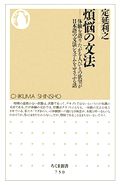
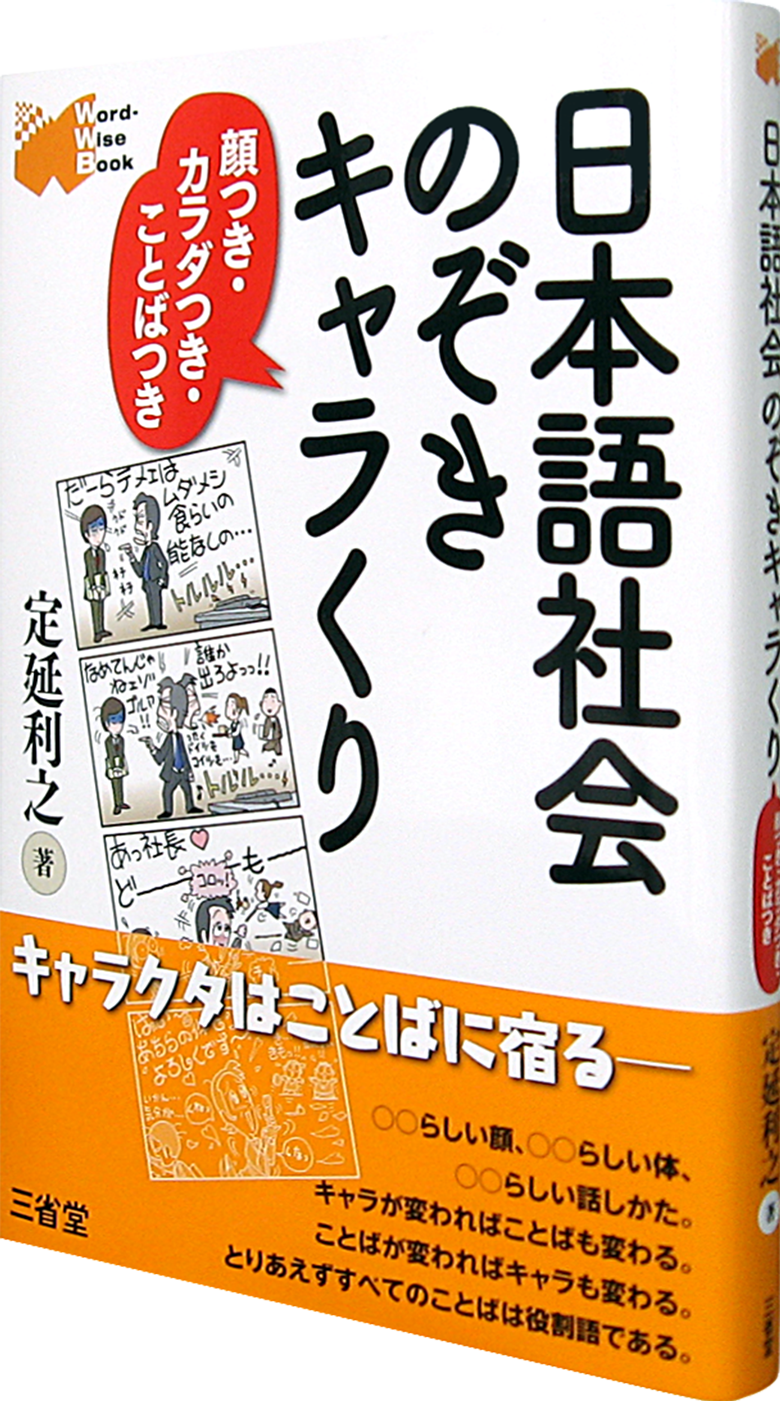
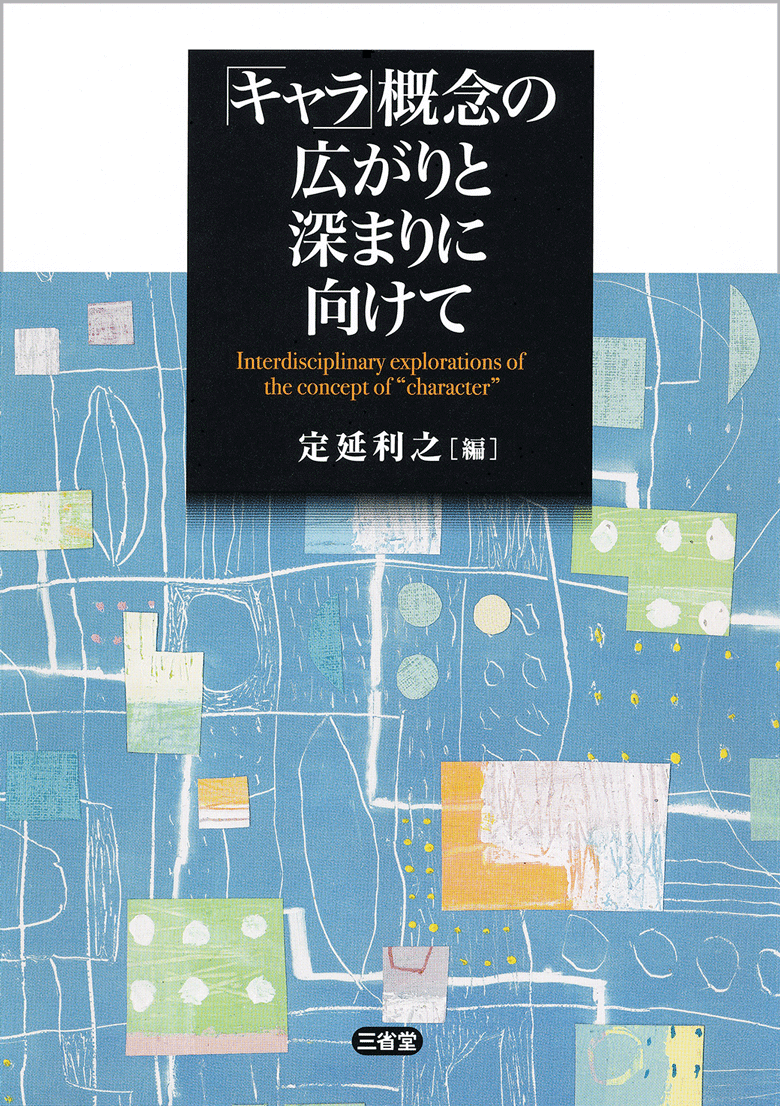
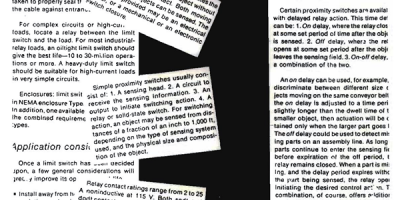
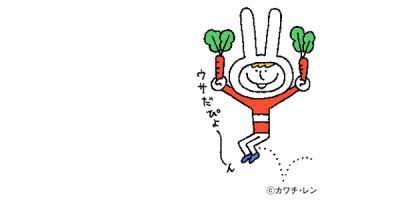
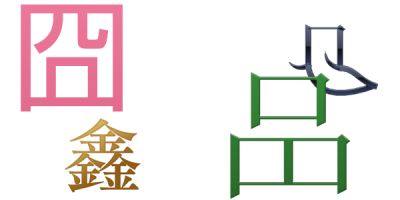
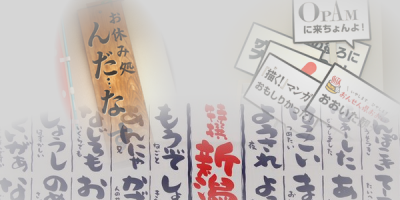
(1) See the text and footnotes of part 44 of this series for an explanation of the word “okama.”
(2) Here the author appears to be paying hommage to Prof. Munemasa Tokugawa, who passed away some 11 years ago.